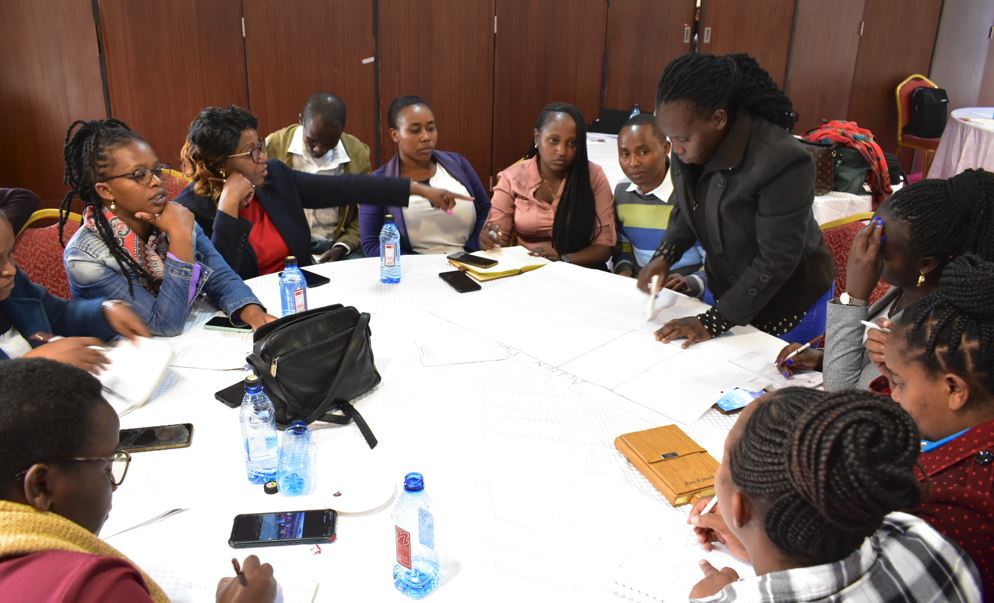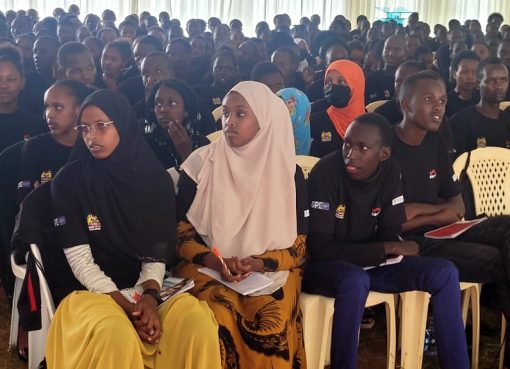The global problem of access to safe water and sanitation is staggering, as more than 1 billion people lack access to improved water sources and more than 2.6 billion people lack adequate sanitation.
In Kiambu County, more than 3,700 primary schools require improvements in safe water and hygiene facilities, and more than 35,000 community latrines are required throughout the county to meet government-recommended standards.
These statistics were the backbone of water quality assurance training conducted for public health workers in Thika by CFK Africa, a non-governmental organization.
“The social and economic consequences of inadequate water and sanitation services are generally devastating. Without these critical services, people fall ill, children miss out on learning, especially girls, and entire communities can be displaced by water scarcity. Safe water is not a luxury but a necessity. Everyone has the right to safe water, proper sanitation, and hygiene, yet so many go without,” said Eddah Ogogo, a primary healthcare coordinator at CFK Africa.
“At the same time, the benefits of access to safe water and sanitation, for individuals and societies alike, are beyond measure. These services are key to healthy development in children and to sustaining well-being as adults. They also offer a pathway to broader social and economic progress by supporting community health and productivity,” she said.
The officers were trained on how to treat the schools’ and local communities’ water supplies with chlorine solutions to improve sanitation. They were also encouraged to establish school health clubs and community engagement forums where both students and community members would be taught appropriate hygiene techniques.
Handwashing stations would also be installed in both schools and communities, and where there was no water supply, community members would partner with the county in developing new water points. This is part of a three-year water and sanitation program that will support the government in scaling up hygiene practices in Kiambu County.
“We have heard of cases in schools nationwide where students got sick and some teachers succumbed to what is suspected to be water contamination. This is very disturbing, and it is why we have decided to introduce water hygiene awareness in schools and neighbouring communities to make sure that incidents like these never happen again.
The training came at the right time because the program will determine whether school-based projects can provide a platform for permanent awareness and access to hygiene services, and if these techniques are proven effective at the county level, they will provide the framework for national implementation,” said Patrick Wachira, a senior public health officer in Thika, during the training session.
The program is expected to reach at least 300 schools (including 90,000 students in the first three years) and will provide valuable information on the costs and benefits of school water, sanitation, and hygiene. Teachers and community health workers would be trained at a later date.
By Hellen Lunalo




